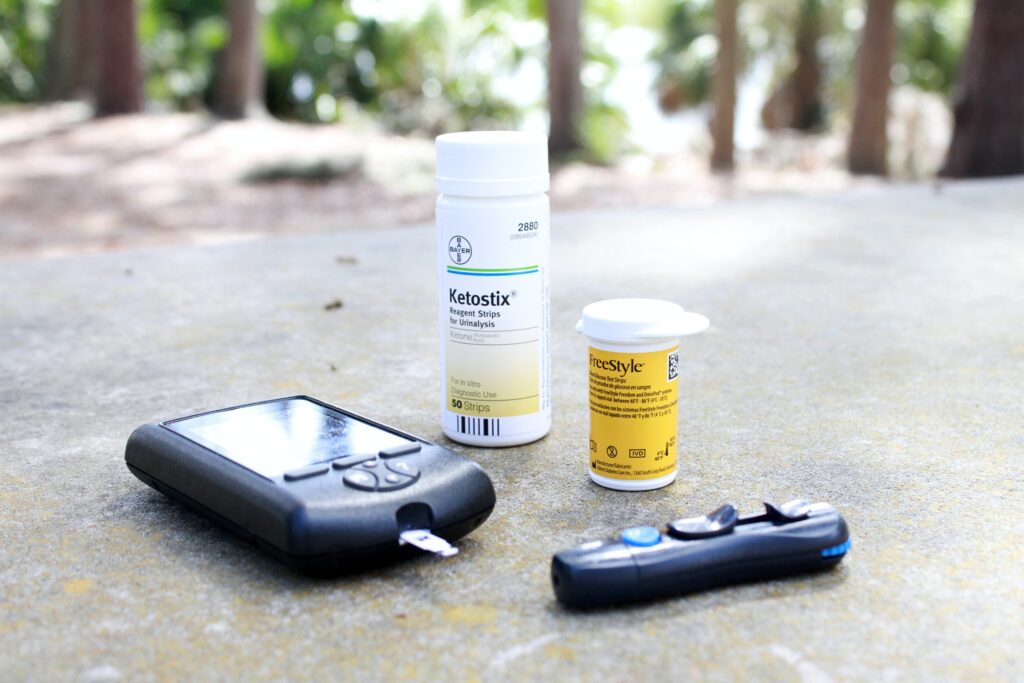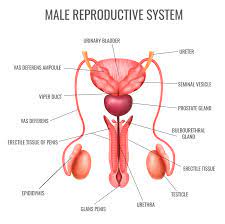Understanding Diabetes: Causes, Symptoms, Management, and Prevention

Diabetes, often referred to as diabetes mellitus, is a chronic medical condition that affects millions of people worldwide. It is characterized by high levels of blood glucose (blood sugar) resulting from defects in insulin production, insulin action, or both. Insulin, a hormone produced by the pancreas, plays a crucial role in regulating blood sugar levels and facilitating the entry of glucose into cells to be used as energy. When this process is impaired, it leads to various health complications and symptoms associated with diabetes.
Types of Diabetes
There are primarily three main types of diabetes:
Type 1 Diabetes
Type 1 diabetes, also known as insulin-dependent diabetes or juvenile-onset diabetes, typically develops in childhood or adolescence. It occurs when the body’s immune system mistakenly attacks and destroys the insulin-producing beta cells in the pancreas. As a result, individuals with Type 1 diabetes need to take insulin injections or use an insulin pump to manage their blood sugar levels effectively.
Type 2 Diabetes
Type 2 diabetes, the most common form of diabetes, usually occurs in adulthood, though it is becoming more prevalent among children and teenagers due to rising obesity rates. In Type 2 diabetes, the body either doesn’t produce enough insulin or becomes resistant to its effects, causing blood sugar levels to rise. Lifestyle factors, such as poor diet, sedentary behavior, and genetics, play a significant role in the development of Type 2 diabetes.
Gestational Diabetes
Gestational diabetes occurs during pregnancy and affects about 2-10% of pregnant women. It develops when the body cannot produce enough insulin to meet the increased demands during pregnancy. Gestational diabetes can increase the risk of complications for both the mother and the baby, but it usually resolves after childbirth.
Symptoms of Diabetes
The symptoms of diabetes can vary depending on the type and severity of the condition. Some common symptoms include:
- Frequent urination
- Excessive thirst
- Unexplained weight loss
- Increased hunger
- Fatigue
- Blurred vision
- Slow-healing sores or frequent infections
- Tingling or numbness in the hands or feet
- Irritability
It is essential to recognize these symptoms and seek medical attention promptly to prevent complications associated with uncontrolled diabetes.
Complications of Diabetes
Diabetes, if left uncontrolled or poorly managed, can lead to several long-term complications affecting various organs and systems in the body. Some of the complications include:
Cardiovascular Complications
Individuals with diabetes have an increased risk of developing heart disease, including coronary artery disease, heart attack, and stroke. High blood sugar levels can damage blood vessels, leading to atherosclerosis and other cardiovascular issues.
Kidney Disease (Nephropathy)
Diabetes can cause damage to the small blood vessels in the kidneys, impairing their ability to filter waste from the blood. This can lead to kidney disease, eventually requiring dialysis or kidney transplantation.
Nerve Damage (Neuropathy)
Elevated blood sugar levels can damage nerves throughout the body, leading to various complications such as tingling, numbness, or pain in the hands and feet. It can also affect the digestive system, urinary tract, and sexual function.
Eye Complications (Retinopathy)
Diabetes can damage the blood vessels in the retina, leading to diabetic retinopathy, which is a leading cause of blindness in adults.
Foot Complications
Nerve damage and poor blood circulation in the feet can lead to foot ulcers, infections, and, in severe cases, amputation.
Skin Complications
Diabetes can lead to skin conditions such as bacterial and fungal infections, particularly when blood sugar levels are uncontrolled.
Hearing Impairment
Some studies have linked diabetes to an increased risk of hearing loss.
Diagnosis and Treatment
To diagnose diabetes, healthcare providers may conduct various tests, including:
- Fasting Blood Sugar Test: Measures blood sugar levels after fasting for at least eight hours.
- Oral Glucose Tolerance Test (OGTT): Measures blood sugar levels before and after consuming a sugary drink.
- Hemoglobin A1c Test: Provides an average blood sugar level over the past two to three months.
Once diagnosed, the treatment for diabetes aims to control blood sugar levels and prevent complications. Treatment strategies may include:
Lifestyle Modifications
Adopting a healthy lifestyle is crucial in managing diabetes. This includes a balanced diet, regular physical activity, maintaining a healthy weight, and avoiding tobacco and excessive alcohol consumption.
- Medications: For Type 1 diabetes, insulin therapy is essential. For Type 2 diabetes, various oral medications, injectables, or insulin may be prescribed, depending on the severity and individual needs.
- Continuous Glucose Monitoring (CGM): CGM systems provide real-time data on blood glucose levels, allowing individuals to make timely adjustments to their diet and insulin doses.
- Insulin Pumps: These devices deliver insulin continuously throughout the day, mimicking the function of a healthy pancreas.
Prevention of Diabetes
While Type 1 diabetes cannot be prevented, Type 2 diabetes and gestational diabetes can often be delayed or prevented through lifestyle changes. Some preventive measures include:
- Maintaining a Healthy Diet: Focus on a balanced diet rich in fruits, vegetables, whole grains, lean proteins, and healthy fats. Limit the consumption of sugary and processed foods.
- Regular Exercise: Engage in regular physical activity, such as walking, jogging, swimming, or cycling, to help manage weight and improve insulin sensitivity.
- Weight Management: Achieve and maintain a healthy weight, as obesity is a significant risk factor for Type 2 diabetes.
- Avoiding Smoking and Limiting Alcohol: Smoking and excessive alcohol consumption can increase the risk of developing Type 2 diabetes.
- Regular Health Check-ups: Regular check-ups and screening for diabetes risk factors are essential, especially for those with a family history of diabetes.
Conclusion
Diabetes is a complex and widespread health condition affecting millions of people worldwide. While Type 1 diabetes is not preventable and requires lifelong insulin therapy, Type 2 diabetes and gestational diabetes can often be prevented or managed through lifestyle modifications, including a healthy diet, regular exercise, and weight management. Early diagnosis and appropriate management are crucial in preventing complications and improving the quality of life for individuals living with diabetes. By raising awareness, promoting healthy lifestyles, and supporting diabetes research, we can work towards reducing the impact of diabetes on individuals and society as a whole.



